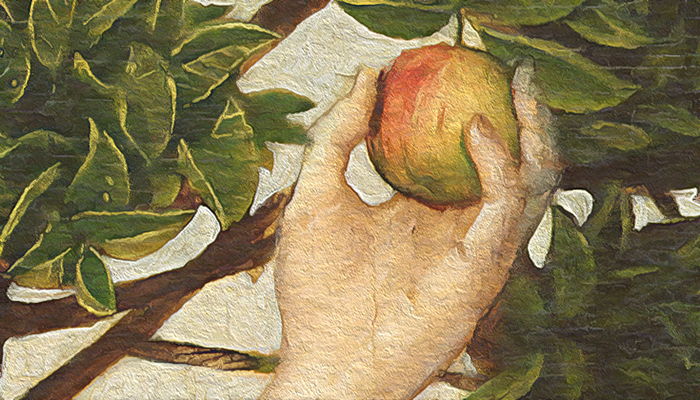
One of our problems today is that we are trying to understand ourselves and our lives without the benefit of a theology of original sin. We would like to believe that we can be morally whole all by ourselves, that it is morbid to ever refer to oneself as “a wretch,” that a finished symphony can be had in this life (if only we are lucky enough or work hard enough at it), and that our efforts at changing the world need focus only on converting systems and never on purging personal fault. We would like to live our lives as if … as if selfishness and greed are simple learned behaviors; as if somewhere there are functional families, churches, and institutions, and our own are anomalies; and as if, in the end, we could save ourselves without God. This philosophy of life tries to convince us that we can adequately explain human nature and that there is sufficient reason to give ourselves away to the community in altruism without referencing a personal God and a theology of original sin. My parents had a good working theology of original sin. They weren’t so naive as to take the story of Adam and Eve and the apple literally, but they did believe that this story contained a profound, archetypal truth both about history and ourselves. What did they believe? They believed that because Adam and Eve “ate the apple” history and our lives are now marked by certain things. For them, because of this primordial event, whatever it was, individually and collectively, we find ourselves helpless to save ourselves; only grace from outside can help us. Second, because of this initial “fall,” none of us is as morally whole as we would like to think we are in our more inflated moments. Rather, if we are honest, we all know the truth of Paul’s lament in the Epistle to the Romans: “For I do not understand my own actions. For I do not do what I want, but I do the very thing I hate.” Finally, too, because of this primordial event, we live outside of the garden of Eden, in a world that is less than perfect, and we can never find in this life a full, consummated symphony but rather are “weeping in a valley of tears.” For my mum and dad, there was an adequate explanation for things: Adam and Eve “ate an apple”, whatever that meant, and since then, we have found ourselves outside of the garden of paradise, in a valley of tears, un-whole, grieving something long lost, deeply in need of both collective and personal healing, but still standing gratefully before a gracious, ultimate power, the saving grace of God. That makes more sense than anything else I’ve read lately.[1]
[1] Excerpt from Fr. Ron Rolheiser’s reflection, “Needed: A Theology of Original Sin,” August 1999.
